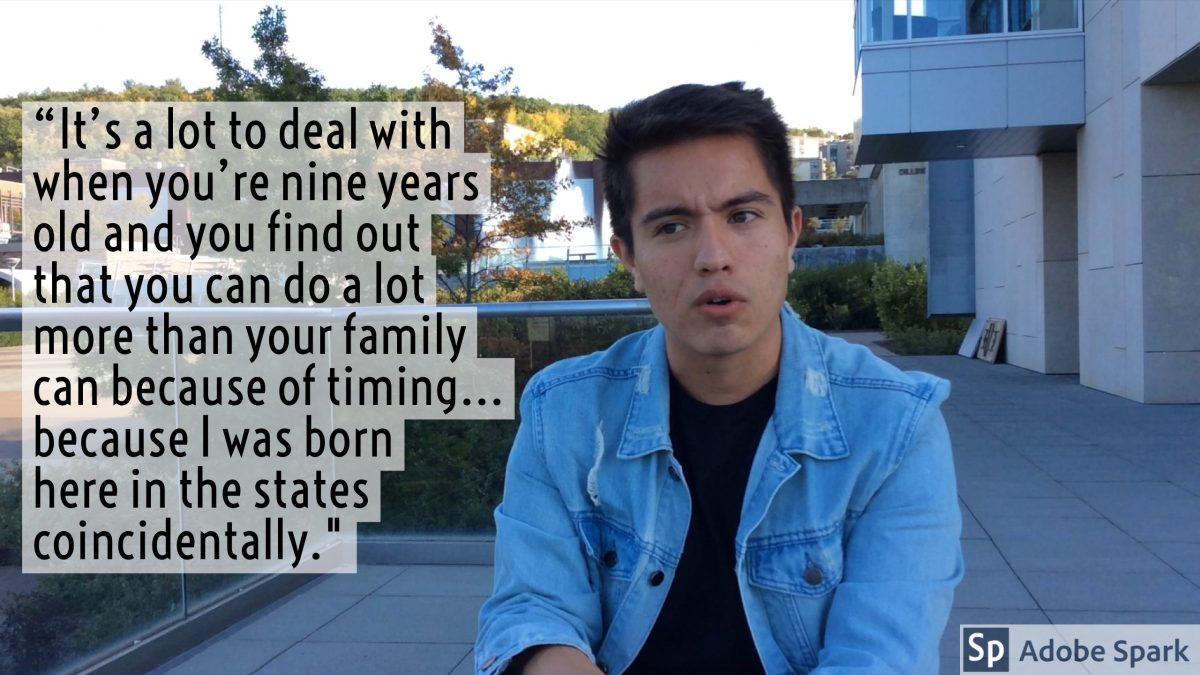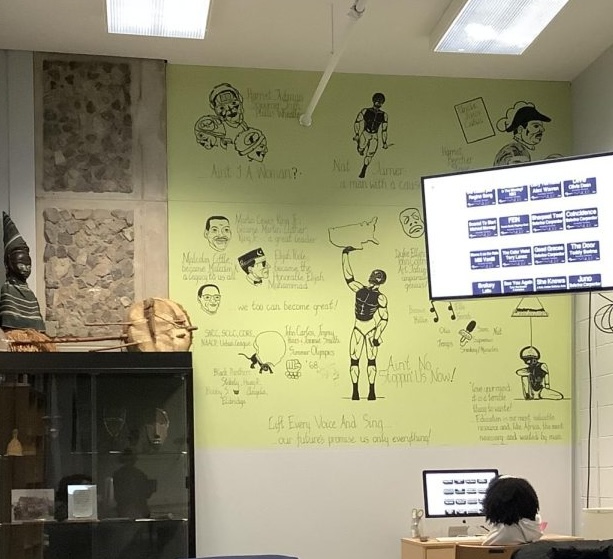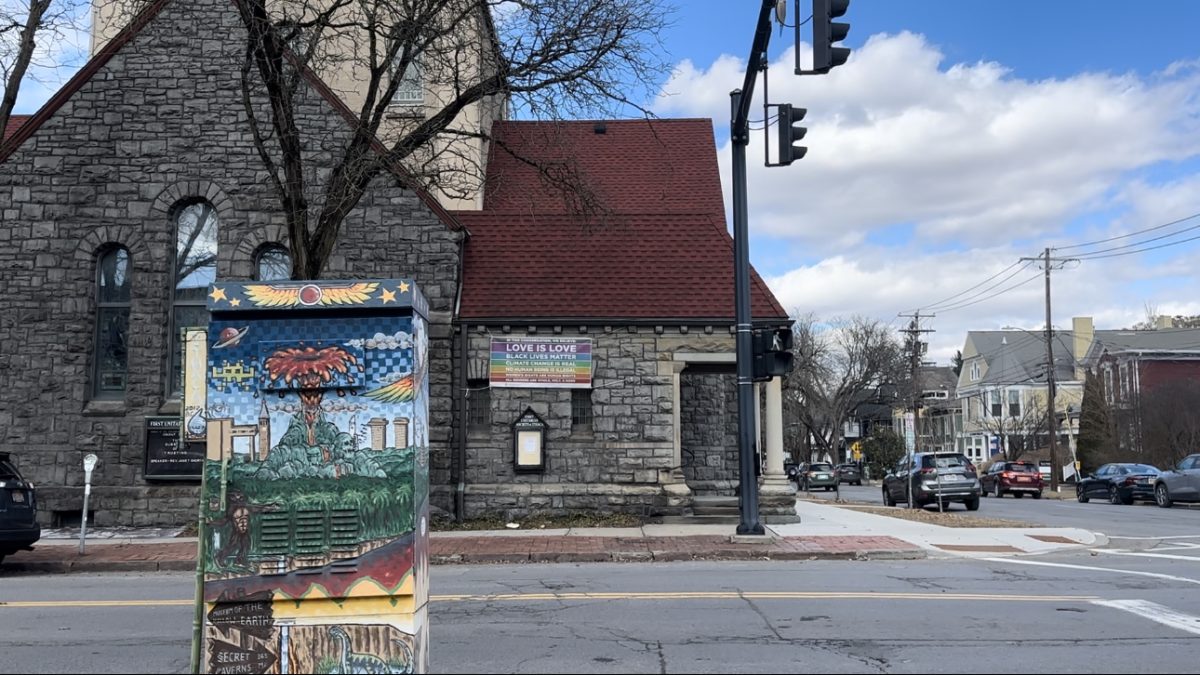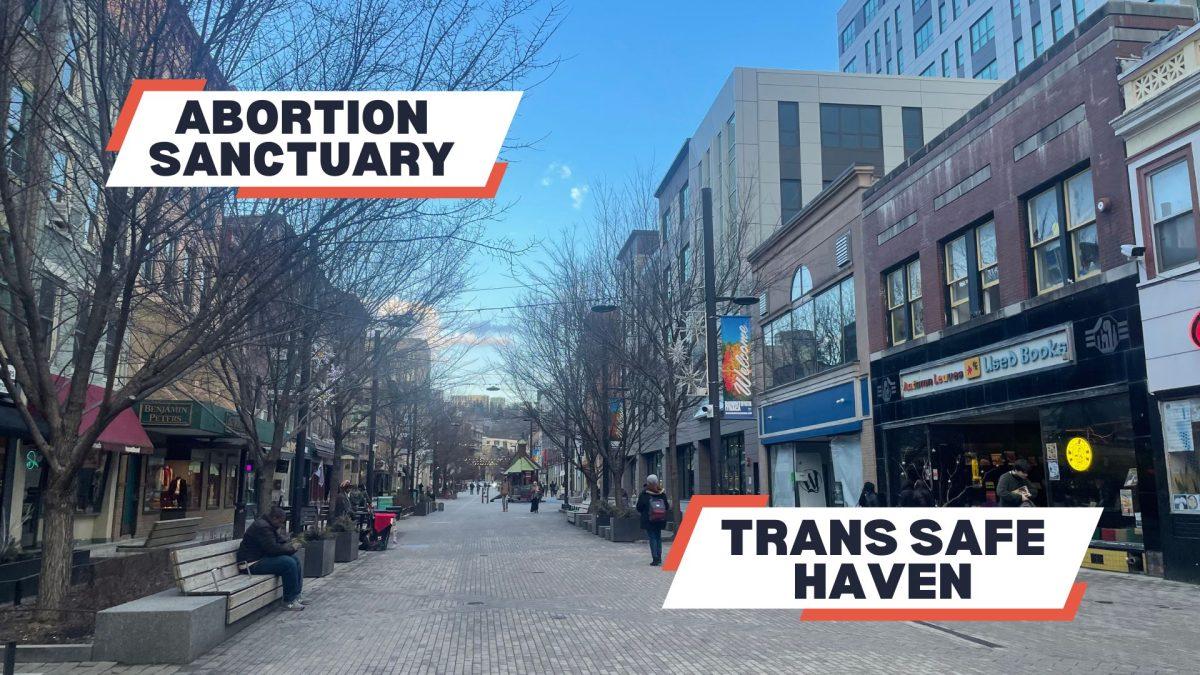
“I needed to take action.”
After hearing of the deportation of Jose Guzman-Lopez last spring, a Mexican immigrant in Ithaca, New York (which had declared itself a sanctuary city), Joe Cruz felt compelled to take immediate action in advocating for the rights of immigrants and Latin Americans in the United States. Being from the border state of Texas, Cruz is all too familiar with deportation incidents, but when it happened in Ithaca, it “hit home” for him.
“It happened here, and I really felt like I couldn’t escape it. The proximity was really close for me, and I kind of shut down. It was just a rough semester for me in general, being away from home and having relatives that are undocumented.”
Over the summer, he became involved with the Immigrant Rights Coalition Team, and through this was connected to ¡Cultura Ithaca! – an educational community group striving to support and share Latinx culture – for which he is currently interning. This internship got him in contact with different Latinx advocacy groups at Cornell University, including the DREAM (Development, Relief and Education for Alien Minors Act) Team, a support network for undocumented students. Cruz is currently working on a research project titled, “A Day Without DACA: Life After The Headlines,” which analyzes media coverage of DACA (Deferred Action for Childhood Arrivals) and larger immigration issues. He hopes to turn his research into a documentary film.

Puerto Rico Relief Efforts
Two weeks ago, Cruz learned that Cornell’s Puerto Rican Students Association was holding a week-long drive to collect supplies and raise money to send to victims of Hurricane Maria in Puerto Rico.
He asked them if they could delay the trucks leaving with the supplies by one week so that he could continue their efforts on the South Hill. They agreed, and after a week of organizing a drive on Ithaca College’s campus, Cruz collected $700 and three boxes worth of supplies to send to the island.
“Growing up, I didn’t know what it was to be a citizen.”
Throughout his work in political and social advocacy for the Latinx community, Cruz struggles with reconciling his own Mexican-American identity after realizing at a very young age the implications of being considered an “anchor baby,” and having more freedoms than other members of his family.
“I have a ton of direct nuclear relatives who are undocumented, so I myself was under the impression that I couldn’t go on a plane, that I could only speak Spanish at home for fear of “outing” myself as a second class citizen that spoke Spanish. I didn’t know how to classify myself… It was like ‘Okay, now you’re not Mexican enough for your family, now you’re not American enough for all your privileged white friends.'”
Media Coverage of Immigration Issues
Cruz says knowing that his very existence as an “anchor baby” is politically contested is a weird feeling, but the issues are so much deeper than politics. Especially in Texas, he says many people feel that “the border crossed them.” As a Communication Management and Design major, Cruz is highly critical of how the media has represented the experiences of immigrants and the Latinx community, especially in the face of recent political and environmental crises.
“A place where the media could improve is their appropriating of issues, [and] dismissing of humanity when it comes to viewing the people that they’re writing stories about and for as just headlines, as just sources, and not following up afterwards.”
*Latinx = a gender-neutral term for people of Latin American descent.













